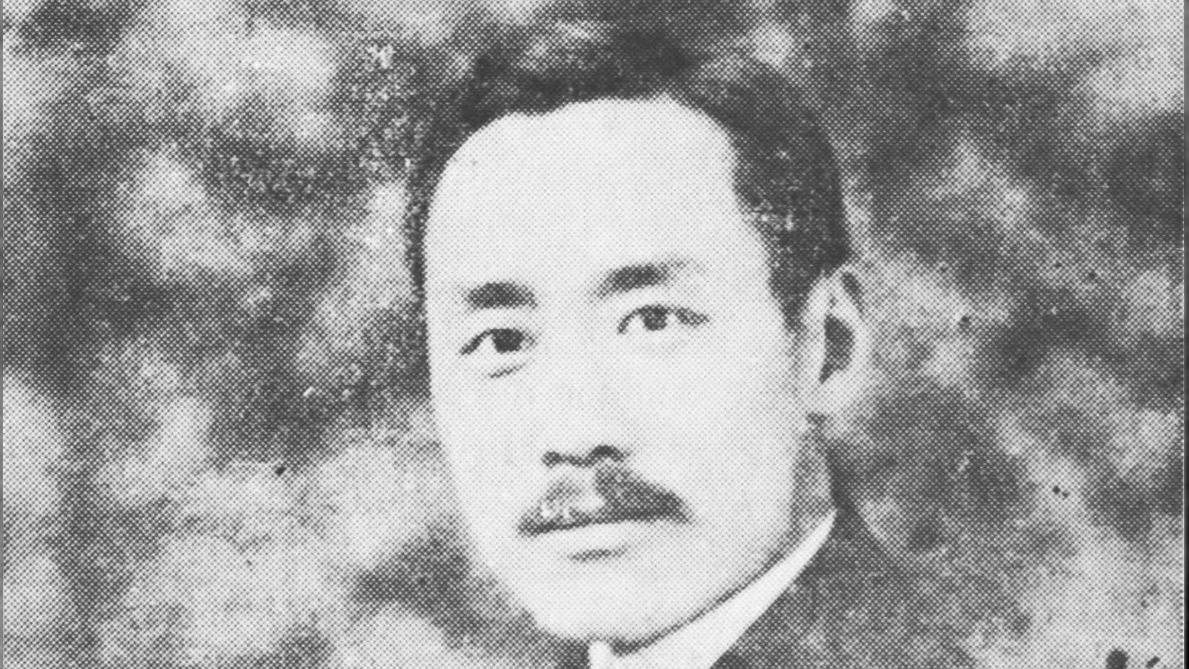Carsun Chang on a Chinese Republic of Federated Provinces: Semi-Presidentialism as a Novel Type of Democracy
Date: Wednesday, 20 May
Time: 4pm-5pm
Venue: Online zoom seminar (Register here)

Abstract
Unlike the early form of Western liberalism (classical liberalism) that assumed an antithesis between liberalism and socialism, Chinese liberalism from its outset (modern Chinese liberalism) had a socialistic impulse. Many Chinese liberals then attempted to reconcile liberalism with a democratic or liberal form of socialism in the hope of establishing a Chinese democracy. This study examines the constitutional design of Carsun Chang in the 1920s. Chang was a liberal scholar and important figure of the minor parties, who drafted two democratic constitutions in Republican China—Guo xian yi and the Constitution of the Republic of China enforced in Taiwan. I argue that adapting Western political ideas to Chinese conditions and following the Confucian doctrine of the mean, Chang designed a novel type of democracy—a Chinese republic of federated provinces with a semi-presidential system—which was suitable for China and which differed from the constitutional design of Western democracies. Chang’s novel design, largely ignored by mainstream scholarship, is of significance for us to understand a particular form of Chinese liberalism which tried to reconcile liberalism with socialism, Chinese thought with Western constitutionalism, and which sought to fairly distribute the power between the central and local governments and between the legislature and the executive.
Carsun Chang on a Chinese Republic of Federated Provinces: Semi-Presidentialism as a Novel Type of Democracy (PDF)
About the speaker
Dr Elaine Peng recently earned her doctoral degree in political science from Victoria University of Wellington. Her research interests are political philosophy, political ideology (especially liberalism and socialism), Chinese thought, Chinese constitutional law, and modern Chinese politics. Dr Peng’s current research concerns modern Chinese liberalism and its relationship with Western liberalism and socialism. One of her recent publications on this topic is "Carsun Chang on Democratic Socialism: Liberalism, Social Democracy, and German Idealism".
